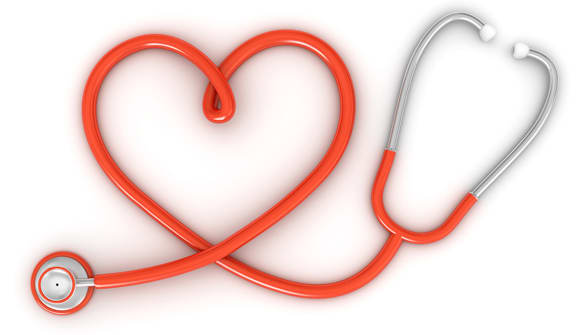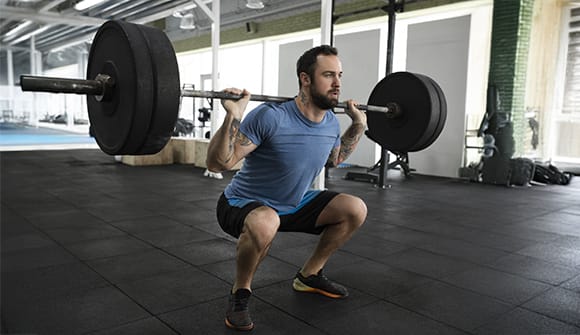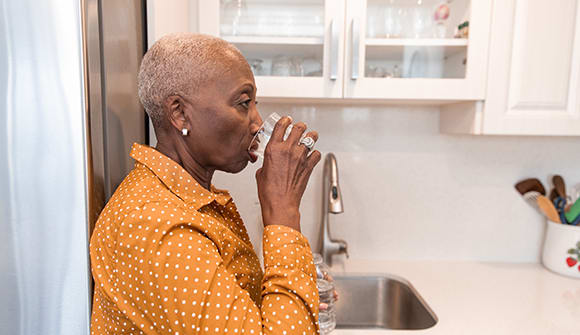
You and your heart
A year-round love story.

A year-round love story.
Get fresh-picked headlines delivered to your inbox.
Thank you, you're subscribed!

Why the disease is having a resurgence.

9 self-care strategies for February 14.

"Dry January" is when most try it, but you can do it anytime.

Proper techniques to prevent back pain and injuries while lifting weights.

Why aging can make eating difficult.

Creating healthy eating plans for kids and adults.